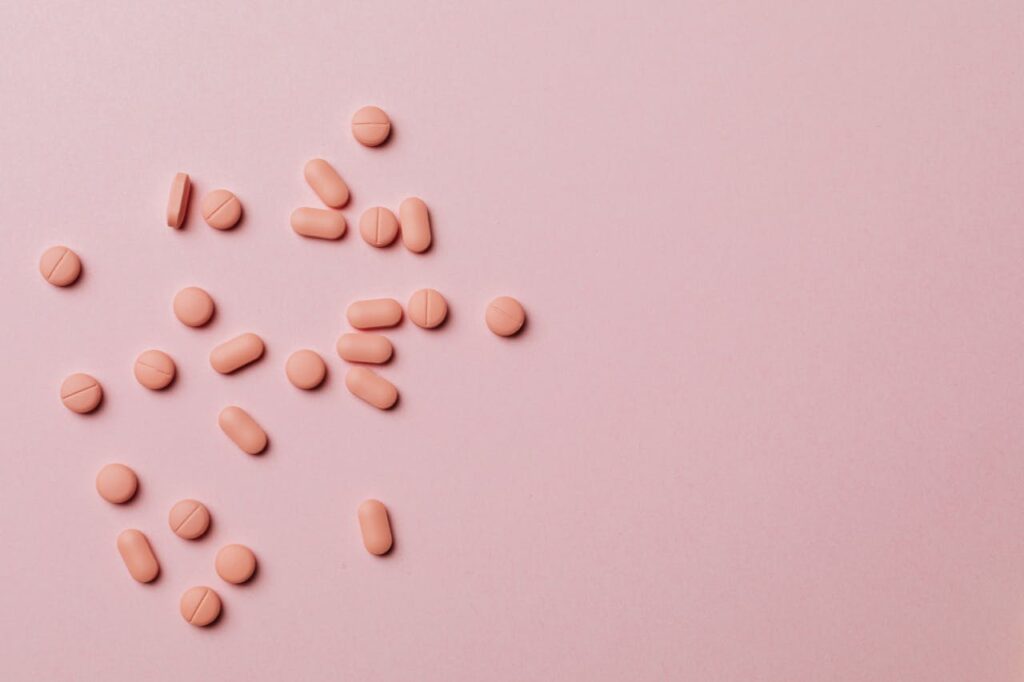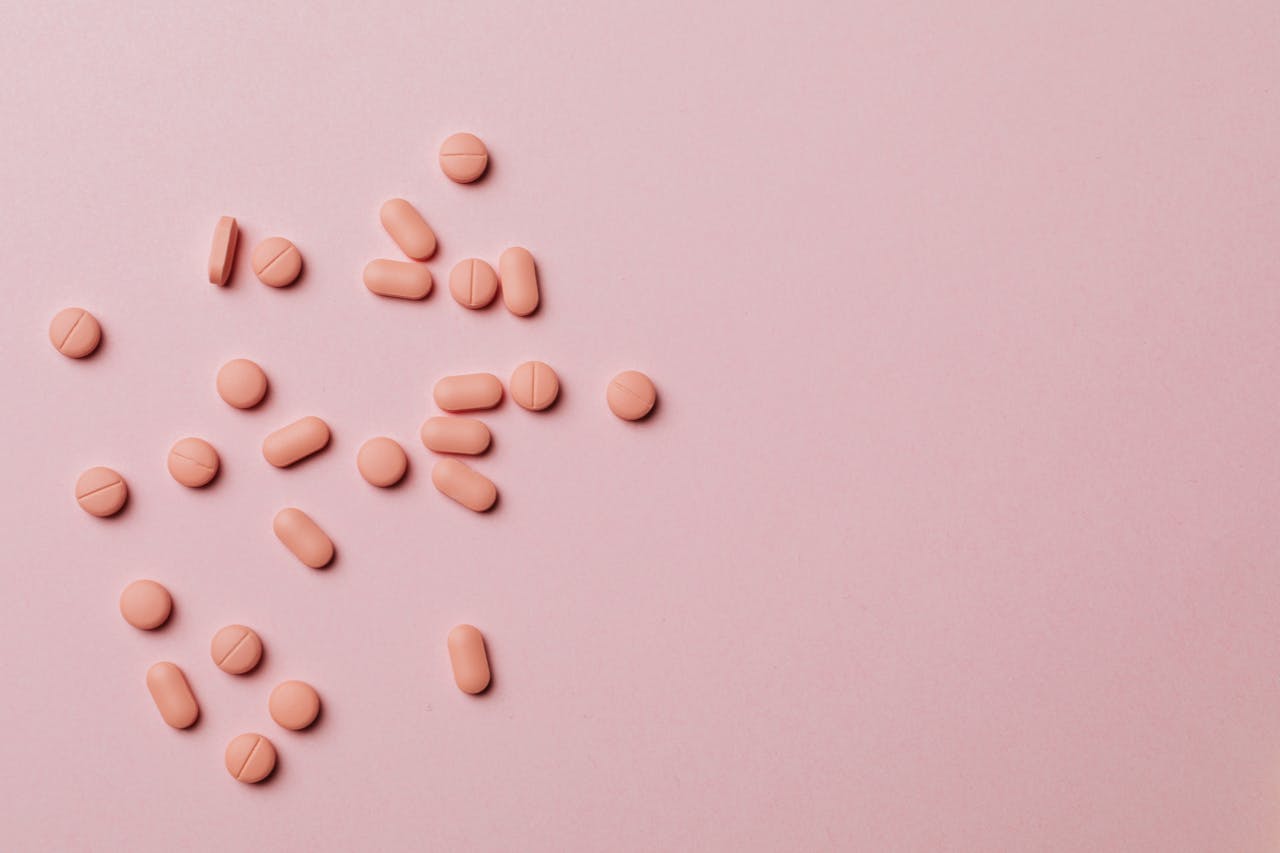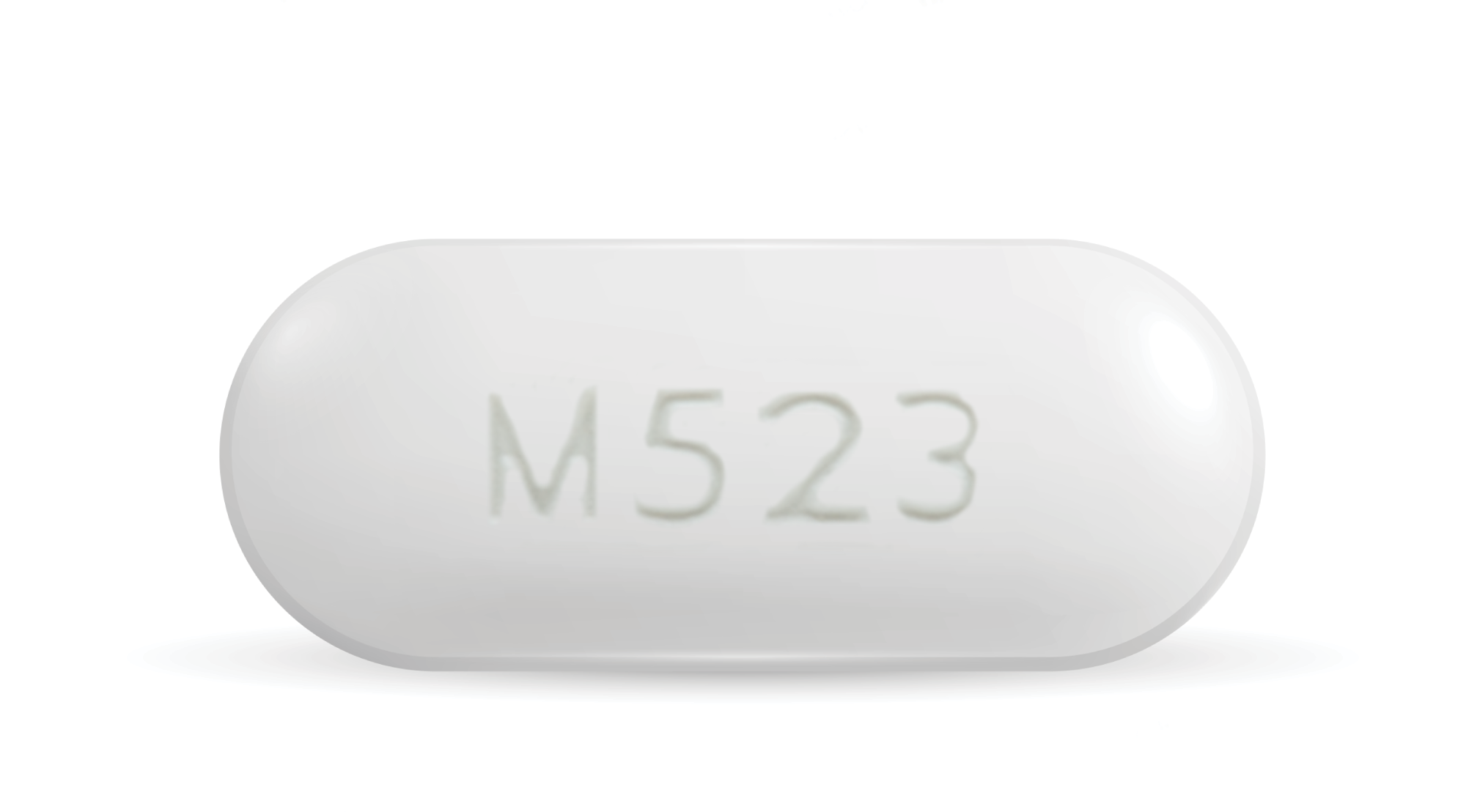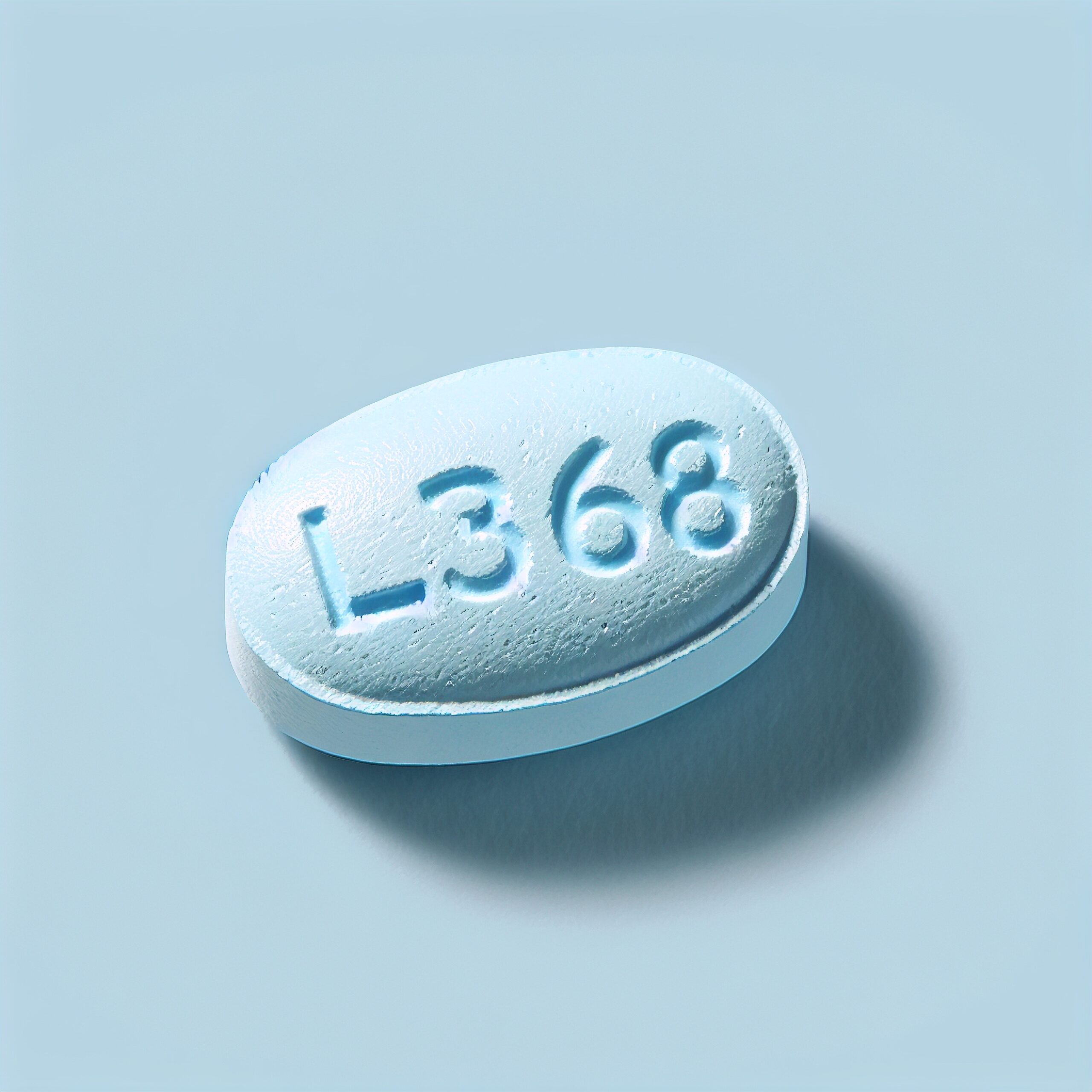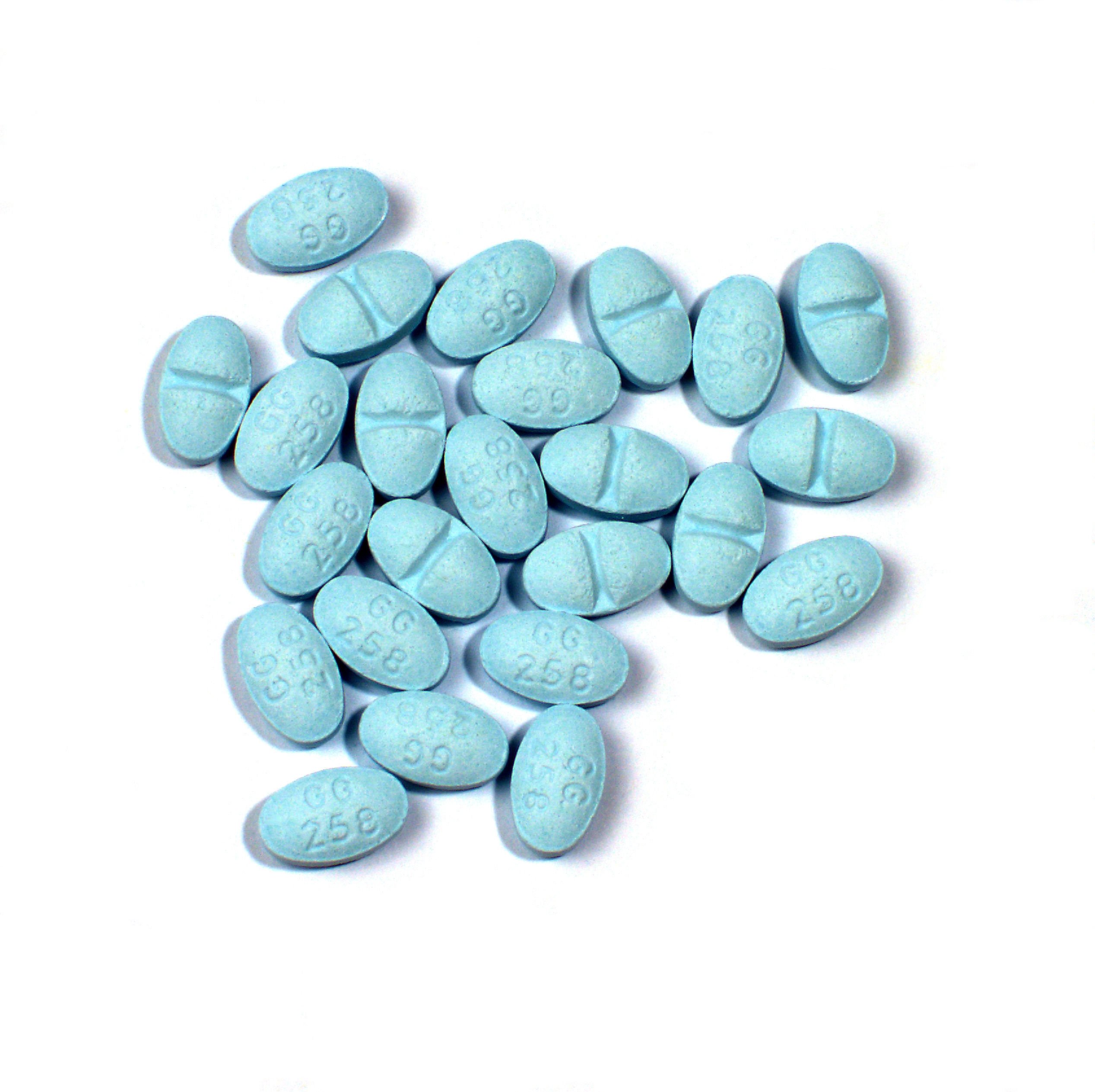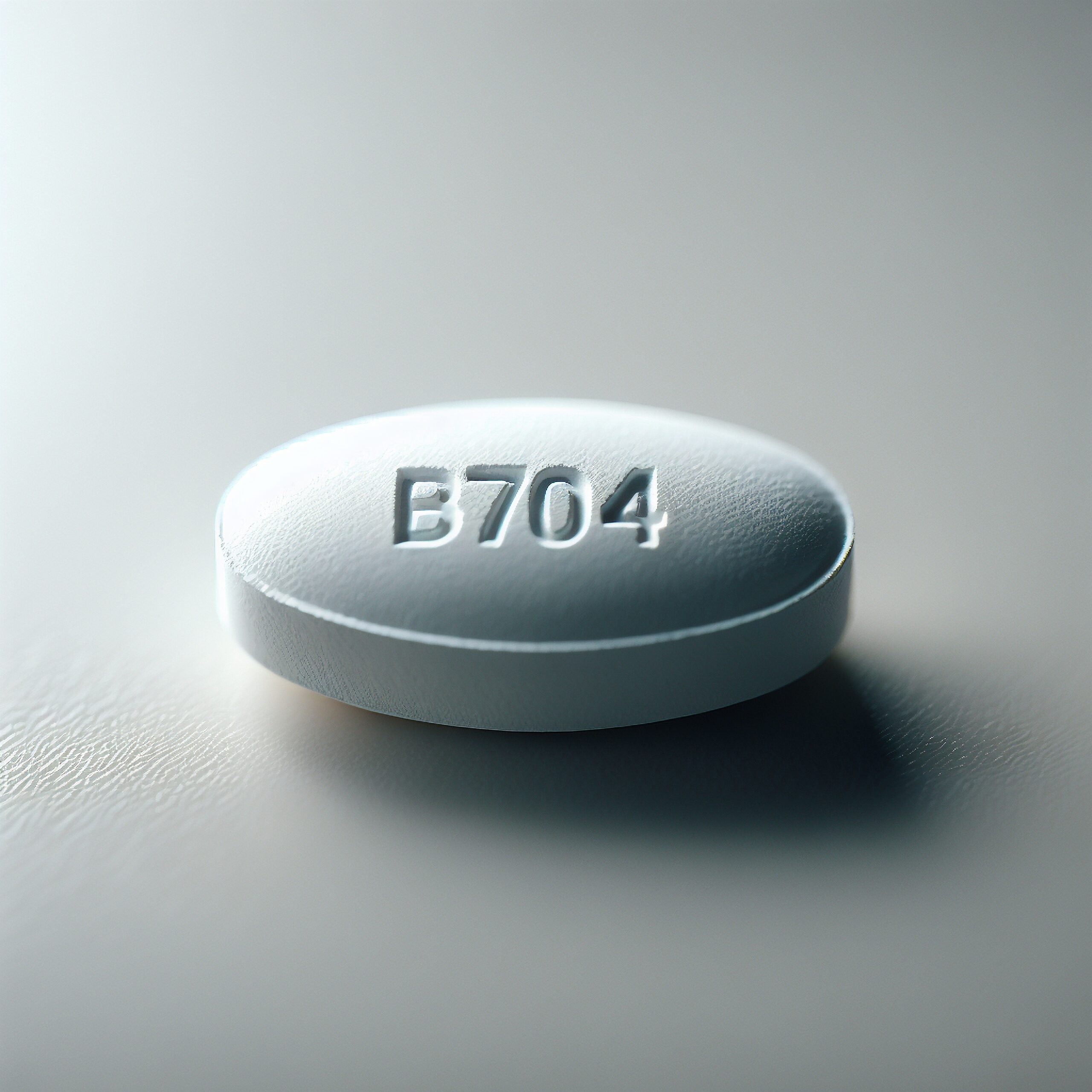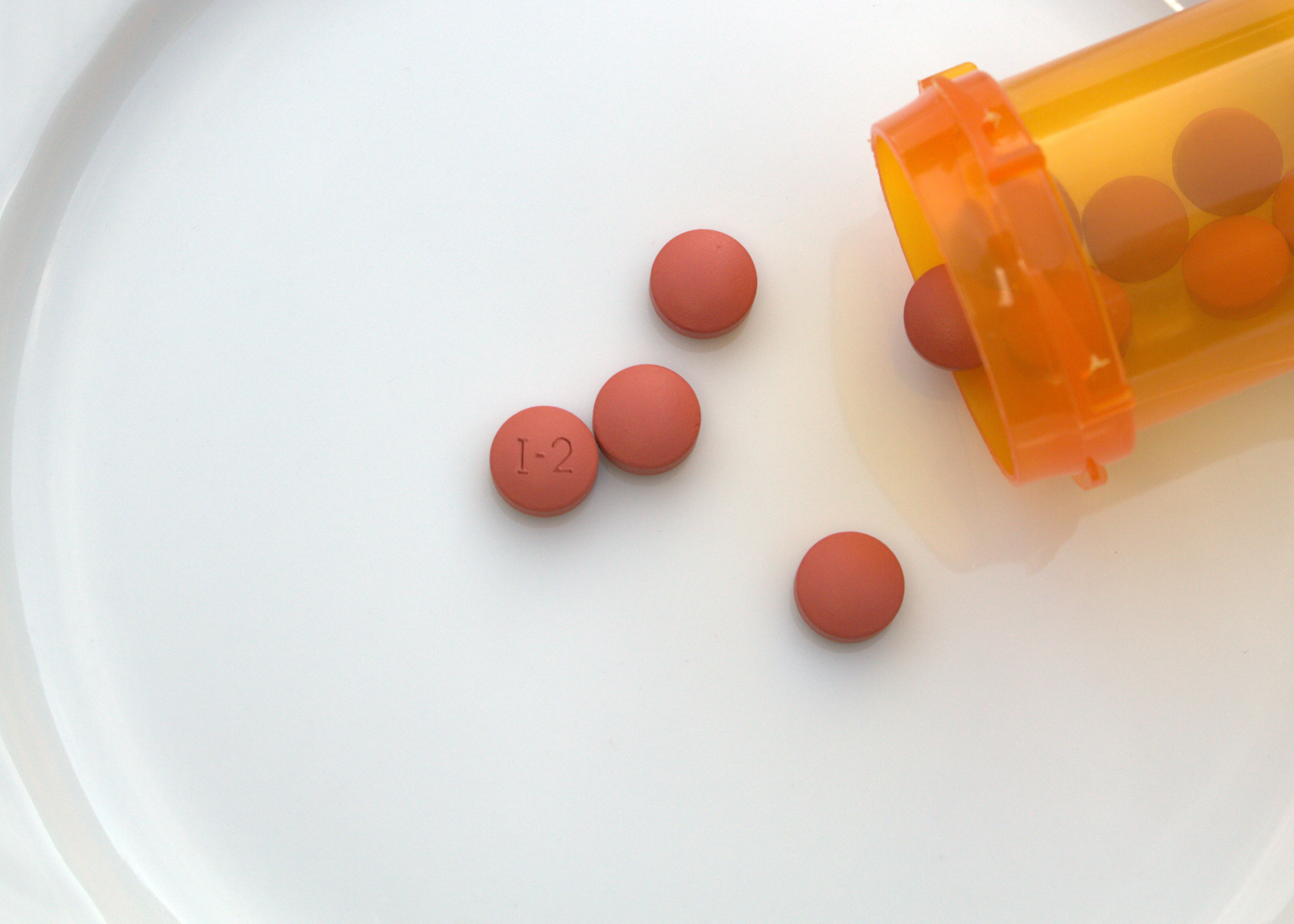Trazodone is a hydrochloride pill that is an FDA-approved medication and is commonly used to treat major depressive disorder in individuals. Dosages and uses vary by case and individual needs. Always consult a physician before taking trazodone, since it can result in adverse effects when combined with other medications.
Read through this guide to learn more about trazodone, its uses, its side effects, and any risks associated with taking it.

What Is Trazodone?
Trazodone is a serotonin modulator that is often prescribed to individuals struggling with depression symptoms. It can also be prescribed as a sleep aid in some instances, or to treat schizophrenia or dementia.
How Does Trazodone Hydrochloride Work?
Trazodone works by increasing levels of serotonin and noradrenaline in your body to help boost mood and even improve sleep. It usually takes up to two weeks to work, but it can also take up to six weeks for an individual to feel the full effects of trazodone.
Trazodone Uses
Trazodone is mainly used to treat depression, but it can also be used for anxiety. Doctors usually hold off on prescribing trazodone unless patients have tried other antidepressants and medications and they have not been successful in treating depression.
What Are Trazodone Brand Names?
Trazodone is available under different brand names, including Desyrel, Oleptro, Desyrel Dividose, Trittico, Trazodone D, or Molipaxin.
What Does Trazodone Look Like?
Trazodone comes in three different forms: tablets, capsules, and liquid. The most common form is tablets. These tablets are characterized by their white, oval appearance, but they can also be circular tablets, and they usually have the dosage stamped into them.
Common Trazodone Dosages
Trazodone dosages are determined by a doctor or psychiatrist. The most common trazodone dosage to treat depression is 150mg, while trazodone for sleep is prescribed at doses in between 25mg and 100mg. Tablets typically come in 50mg, 100mg, and 150mg. Capsules come in 50mg and 100mg strengths, and the liquid version typically has 10mg or 20mg for every 1 ml of liquid. Dosages typically do not exceed the maximum of 400 mg except in rare cases. The following are other common trazodone dosages:
- Trazodone 25 mg – This is the lowest dosage, and individuals usually use a pill cutter or take the liquid version of trazodone to get this small dose.
- Trazodone 50mg – This dosage can either be prescribed for sleep or depression.
- Trazodone 100mg tablet – This is a common dose of trazodone for depression.
- Trazodone 150 mg – Trazodone 150 mg is the most common dosage prescribed.
Taking trazodone on an empty stomach can usually cause dizziness, which is why trazodone dosages are typically recommended to be taken with food; for the extended-release version of trazodone, an individual can take it without food before going to sleep.
Trazodone Side Effects
Like other depression medications, trazodone can cause side effects. These side effects differ by individual and should be monitored in case they become a serious issue or interfere with daily life. If this is the case, speaking to a healthcare provider is the next best step.
Common Side Effects
Common side effects of trazodone include swelling, blurred vision, dizziness, lethargy, sleepiness, diarrhea, stuffy nose, or weight loss. Although these are the most common side effects, there may be other side effects of trazodone that are not listed. Consult your doctor if you think you are having a trazodone side effect.
Trazodone Female Side Effects
Some women report instances of changes in libido and arousal, or orgasmic issues. There were also cases of female priapism, in which the clitoris becomes erect for a prolonged period of time, resulting in engorgement, pain, and discomfort to the genital area.
Trazodone Side Effects in Elderly
Common side effects of trazodone can also affect the elderly. Some side effects affecting older adults include dizziness, blurred vision, confusion, and cognitive impairment.
Serious Side Effects
Trazodone may also cause serious side effects. These are categorized into allergic reactions, changes in behavior, or severe physical conditions.
Allergic side effects of trazodone include:
- Wheezing and other breathing problems
- Swollen lymph nodes
- Throat discomfort or tightness, such as trouble swallowing
Changes in behavior as a side effect of trazodone include:
- Increased thoughts of suicide or death
- Mania and extremely elevated moods
Other serious side effects are:
- Hyponatremia, or low sodium levels
- Glaucoma
- Priapism
- Abnormal bleeding
- Orthostatic hypotension and low blood pressure
- Heart rhythm changes
Trazodone Warnings, Risks, & Precautions
Like most medications, taking trazodone should always be taken with caution in case it interacts with your body negatively, or has adverse reactions to other supplements or medications you are taking. Stay informed on what to be cautious of when taking trazodone.
Interactions With Other Substances
Trazodone may have adverse effects when mixed with other substances, such as different prescriptions, drugs, or alcohol. These effects can lead to increased severity of side effects or the risk of overdose.
Taking Trazodone Without a Prescription
Never take trazodone without a prescription. Trazodone can cause toxic doses in other medications, hinder the effectiveness of other medications, or cause other interactions that could put your health and well-being in jeopardy if taken without a prescription. If you are interested in taking trazodone, consult your physician.
Addiction Risk Factors
Trazodone is generally considered safe, and there is no evidence that indicates it is addictive. However, trazodone addiction can still occur. Trazodone also has withdrawal effects if you stop taking it suddenly.
6 Trazodone Interactions to Be Cautious Of
Consult with your doctor before taking other medication in addition to trazodone, since it can
react poorly with other medications or substances. It is recommended to avoid taking trazodone
with medications like buspirone, fentanyl, lithium, tryptophan, tramadol, and sumatriptan.
Interactions With Other Medications that Boost Serotonin
Because trazodone is a serotonin modulator, it regulates and raises serotonin levels in the brain. When trazodone is mixed with other medications that boost serotonin, it could result in serotonin syndrome, which causes sweating, tremors, a fast heartbeat, agitation, and more. Be cautious of other medications that influence serotonin levels, such as SSRIs, SNRIs, tricyclic antidepressants, St. John’s wort, triptans, and monoamine oxidase inhibitors. If you have any questions, it’s best to consult your doctor.
Medications That Increase Risk of Bleeding
If you’re taking any blood thinners, combining them with trazodone might increase the risk of bleeding. Blood thinners to avoid when taking trazodone include rivaroxaban, apixaban, dabigatran, and Plavix. Symptoms that trazodone is reacting with other blood thinners include unexplained bruising, random nosebleeds, and blood in urine or gums.
Medications That Affect How Trazodone Is Metabolized
Some medications may interfere with trazodone’s metabolization process, making it ineffective or leading to an increased risk of side effects. These medications are known as CYP3A4 inhibitors and CYP3A4 inducers. Inhibitors block the enzyme that helps break down trazodone, which can potentially lead to higher trazodone levers and cause increased side effects. Inducers increase the activity of the enzyme that metabolizes trazodone, which can lead to lower trazodone levels and make it ineffective.
Medications That Change Heart Rhythm
Trazodone may cause changes in heart rhythm, as listed in its side effects. This risk increases when it is taken with other medications that may have the same side effect, like Pacerone, Betapace, or Geodon. Trazodone should also not be taken if you have a pre-existing heart condition that leads to arrhythmias, such as long QT syndrome.
Sedative Substances
Trazodone is known to cause sleepiness and other sedative effects. When combined with other medications or substances—such as alcohol—that do the same thing, it can lead to slower brain activity and exacerbate sedation effects, resulting in shallow breathing, forgetfulness, trouble coordinating, excessive sleepiness, or confusion.
Phenytoin & Digoxin
Phenytoin, an anti-seizure medication, and digoxin, a medication that helps control heart rate, are known as “narrow therapeutic index” medications. Medications under this classification mean that the margins between a safe dose and a toxic dose are very small. Trazodone may elevate the levels of these medications, which can create toxic doses.
Overdose & Misuse
Trazodone can cause overdose symptoms if misused, improperly prescribed, or when combined with medications it shouldn’t be mixed with.
Symptoms of Trazodone Overdose
If you have taken too much trazodone, get medical assistance right away or call 911. Trazodone overdose can lead to long-term physiological conditions or even death in rare cases. Signs of a trazodone overdose include difficulty or ceased breathing, chest pain, slow heart rate, coma, or lack of coordination.
Dangers of Abusing Trazodone
If you misuse trazodone, such as taking it without a prescription or taking more than the prescribed dosage, you could experience the above-listed overdose symptoms.

Get Compassionate Substance Abuse Help at Gratitude Lodge’s World-Class Treatment Centers
If you or a loved one is struggling with substance abuse, including misusing or overdosing on trazodone, reach out to Gratitude Lodge in Southern California. Our addiction treatment facility is one of the best ones in the state; we’re renowned for our science-backed treatment, insurance-covered therapies, luxurious amenities, and compassionate staff.
Every individual undergoes different struggles with addiction, which is why we tailor each treatment program to an individual’s needs. Some of our therapies include:
- Talk therapy
- MAT (medication-assisted treatment)
- Family therapy
- Counseling
- Group therapy
- Holistic treatments
- Aftercare
Begin your recovery journey today—call us at 800-994-2184.


